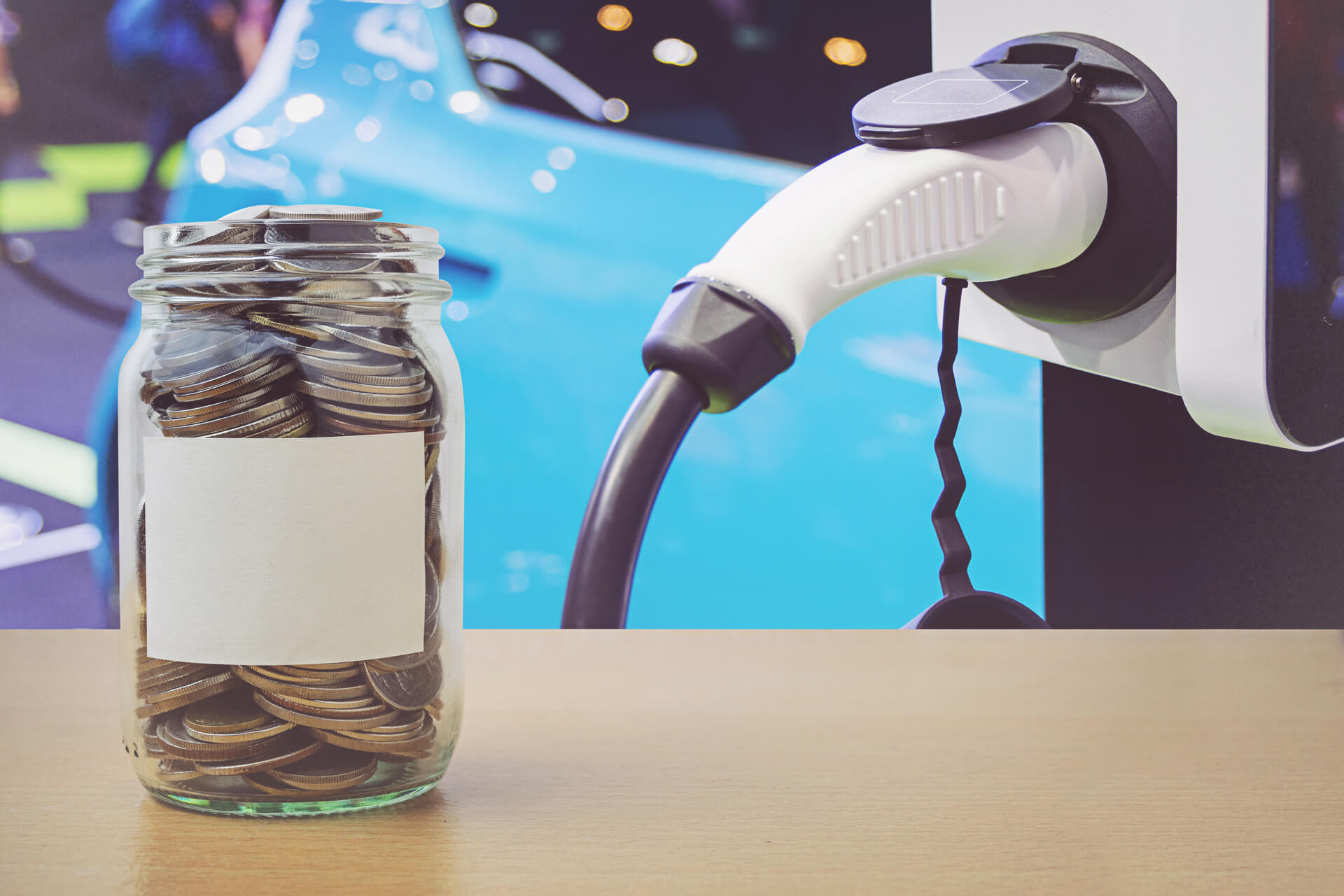
Electric Vehicles vs. Gas Cars: Which One Is Cheaper to Insure

by Erin Anderson
Electric vehicles (EVs) have come a long way — from early curiosity to a mainstream option. And while drivers love the lower fuel costs and eco-friendly appeal, one common question remains:
Are EVs actually cheaper to insure than gas-powered cars?
The answer? It depends.
While EVs can save money at the pump (or plug), the insurance picture is a little more complex. Let’s break down what really affects your premium — and how EVs and traditional gas cars stack up.
The Insurance Basics: What Affects Your Rate
Before comparing EVs vs. gas cars, it helps to understand what insurers are looking at when they price your policy.
Some of the biggest factors include:
- The car’s value and repair costs
- Safety ratings and crash test data
- Likelihood of theft or vandalism
- Your driving history, location, and mileage
- Availability and cost of replacement parts
While some of these apply equally to both EVs and gas cars, others can tip the scale — and that’s where the differences start to show up.
Why EVs Can Be More Expensive to Insure
Here’s why many electric vehicles tend to come with higher premiums, especially right now:
- Higher Sticker Price = Higher Coverage Costs
Even with federal tax credits or state incentives, most EVs still cost more upfront than a comparable gas model. Since insurance is based in part on the vehicle’s value, a higher price tag usually means more expensive coverage. - Repair Costs Are Higher (and Slower)
EVs have fewer moving parts, but they’re also packed with tech — from sensors to large battery packs to proprietary software. Repairs often require specialized equipment and training, which can mean:- Longer repair times
- Fewer qualified mechanics
- Pricier parts
- Battery Damage = Big Bills
If an EV battery is damaged in a crash — even slightly — it might need to be replaced entirely. That can cost thousands on its own and contributes to the overall claim risk.
Why EVs Can Also Help You Save
That said, not all news is bad for EV owners. Some factors work in your favor — and may help offset the higher base cost.
- Better Safety Ratings
Many EVs score well in crash tests and come loaded with advanced safety features like automatic braking, lane assist, and collision avoidance. These can reduce the risk of serious accidents — and may qualify you for insurance discounts. - Lower Theft Rates
Because of their tracking features, EVs are often less likely to be stolen. Some insurers recognize this and may offer slightly lower premiums for certain models. - Usage-Based Discounts
EV drivers who opt in to telematics or usage-based insurance (UBI) programs — which track how, when, and how far you drive — may see lower rates, especially if you drive less or avoid high-risk behaviors.
What About Gas Cars?
Gas-powered cars typically have:
- Lower upfront costs
- Easier and cheaper access to repairs
- A larger parts supply
This can make them more affordable to insure — especially for mid-range or economy models.
But keep in mind: older gas cars without modern safety tech may cost more to insure than a newer EV with advanced features. It’s not just about fuel type — it’s about the whole vehicle profile.
The Bottom Line
So, which is cheaper to insure — EVs or gas cars?
It depends on the model, your driving habits, and your insurer. On average, EVs tend to have slightly higher premiums due to repair costs and battery risks. But strong safety ratings and emerging discounts are helping to close the gap.
👉 Thinking about switching to an EV or just want to compare your options? This is a smart time to check in on your insurance.
Reviewing your policy, comparing updated quotes, and asking about EV-specific discounts could uncover new ways to save — especially if your driving habits or vehicle type are changing.
Insurance shouldn’t be a roadblock — and with the right info, it doesn’t have to be.